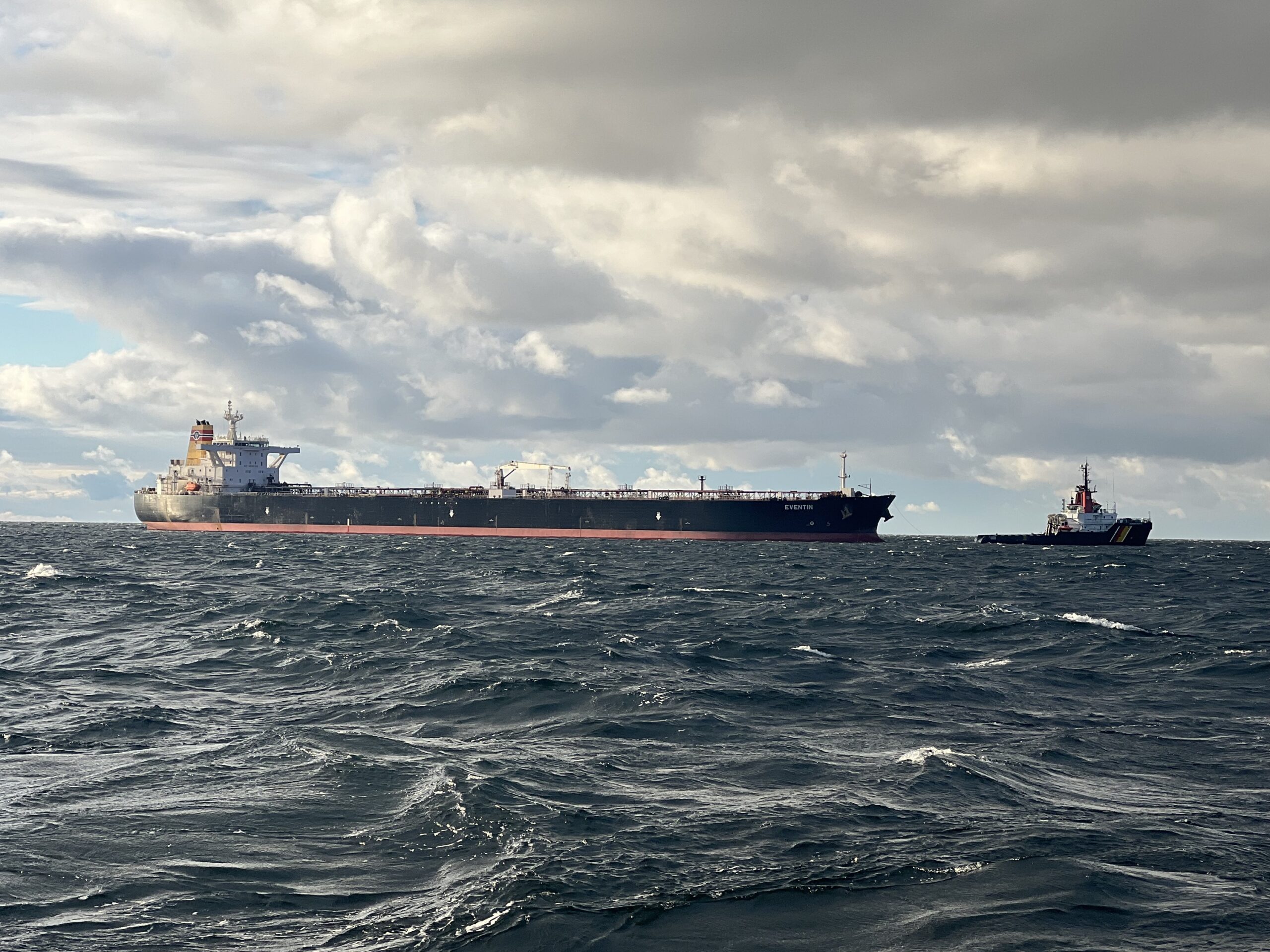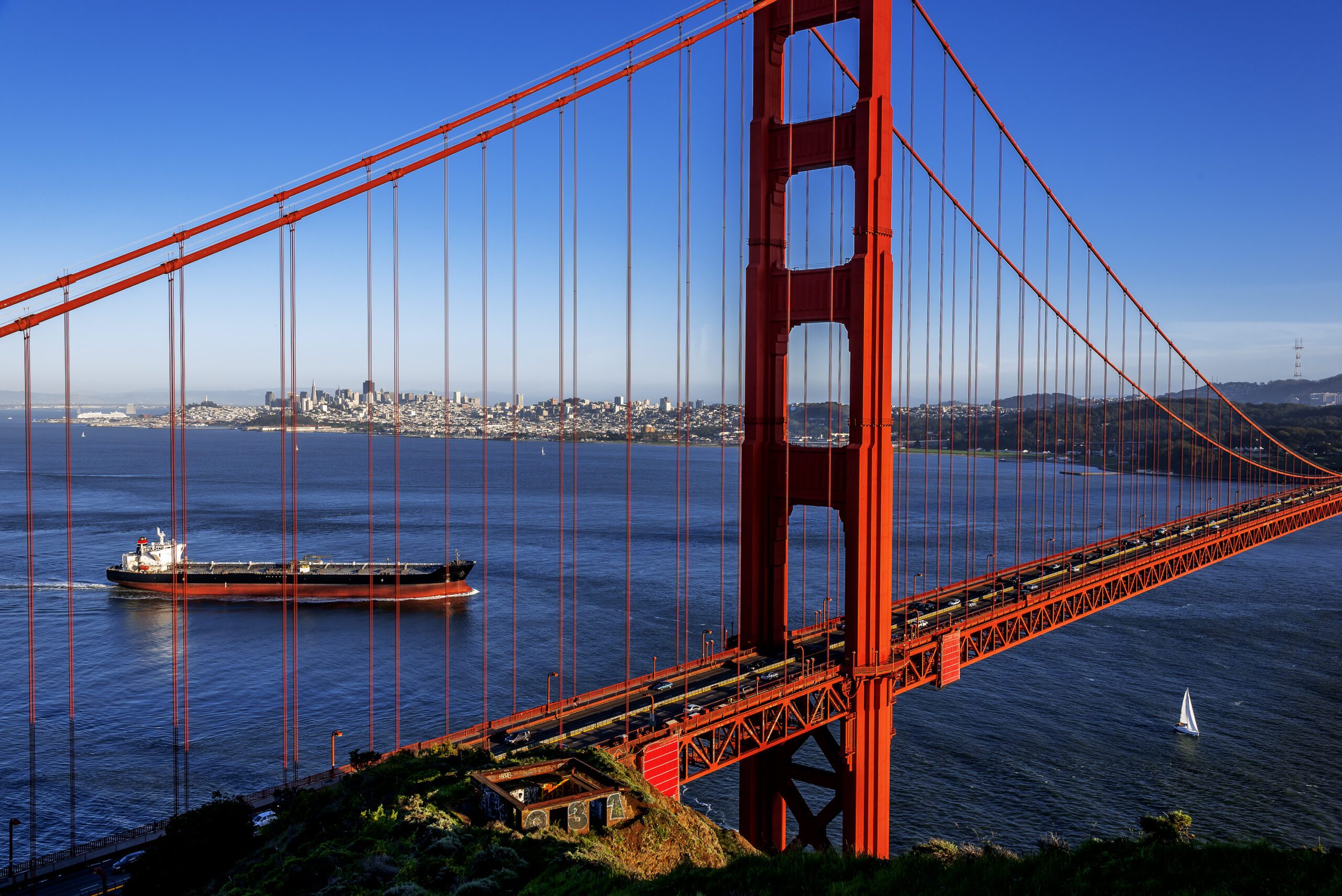Aug. 2 (Bloomberg) — German rail operator Deutsche Bahn AG started another direct train link on the China to Europe trade route, extending its reach into a domain dominated by shipping companies such as A.P. Moller-Maersk A/S and Hapag-Lloyd AG.
The first cargo train carrying 51 containers traveled 10,214 kilometers from the central Chinese industrial hub of Zhengzhou and arrived today in Hamburg, Europe’s third-biggest port. The train took 15 days compared to the 30 to 40 days container ships need on the Asia-Europe route, the company said.
“It is not only the type of goods that are changing but also the means of transport,” Chief Executive Officer Ruediger Grube said at a welcoming ceremony in Hamburg. “If you look at the 66 billion euros ($87 billion) worth of goods exported to China from Germany per year and the 77 billion euros imported from China and compare it to the zero-point something of market share Bahn has, you can see what kind of potential there is.”
Companies handling freight moved by air, sea or train are vying for the fastest trade routes, while struggling with subdued demand amid the longest recession in the euro area since the single currency was introduced in January 1999.
Deutsche Bahn’s DB Schenker cargo unit, which has 45 offices and about 5,000 employees in China, operated its first trains between China and Europe in 2008 and started regular services on that route three years ago, Grube said.
Starting with a weekly train between Zhengzhou and Hamburg, traveling through China, Kazakhstan, Russia, Belarus and Poland, Schenker plans to expand the service depending on demand, he said. “Our goal is a daily service,” Grube said.
The overland route is particularly interesting for the electronics and automotive industry because the value lost on goods such as engines and computer components during the longer sea journey is relatively high, Grube said.
Hamburg’s head of economic affairs Frank Horch said at the ceremony that shipping companies and train operators on the Europe-Asia route are complementary, with train services more efficient at transporting goods produced in central China, away from the coast.
– Nicholas Brautlecht, Copyright 2013 Bloomberg.

 Join The Club
Join The Club










